Psychotherapy is a broad phrase that refers to a type of treatment that involves “talking work” with a therapist. The goal is to reduce suffering by talking about and expressing feelings, as well as to assist people to modify unhelpful attitudes, behaviors, and routines, and to encourage more constructive and adaptive ways of coping.
A supportive, comfortable relationship with a trustworthy therapist is essential for successful psychotherapy.
How does Psychotherapy work?
Types of psychotherapy
Psychotherapy can be short-term (up to 16 sessions) to address current difficulties or long-term to address more complicated issues.
Psychotherapy models include:
- cognitive-behavioral therapy (CBT)
- interpersonal therapy (IPT)
- psychodynamic therapy
- dialectical behavior therapy (DBT)
- solution-focused therapy
Individual vs. couple, family and group therapy
The type of problem you want help with will determine whether you go to a therapist alone, with a partner or family member, or in a group (with people you don’t know). Individual sessions are usually 20 to 50 minutes long. Group sessions and family appointments might go on for quite a while.
The goal of family therapy is to change how families interact. Its goal is to improve communication and understanding among family members. It does it without blaming anyone in particular. When the family structure is perceived as contributing to one family member’s troubles (such as a child or adolescent’s), family therapy is commonly used.
When one family member’s problems are affecting other family members, it can be utilised to assist them manage and adjust to the circumstance. This type of therapy can benefit both the “identified client” (the person who has been identified as having the problem) and other family members.
Couple therapy assists couples in resolving issues and disputes that they are unable to settle on their own. Both partners meet with the therapist to talk about their feelings and thoughts. This type of therapy tries to assist couples in better understanding themselves and each other. The therapist can assist the couple in making changes if they like.
Eight to 12 persons who are dealing with comparable problems are grouped together in group therapy. It can aid in the reduction of a person’s sense of loneliness.
One or two mental health care providers commonly lead groups, guiding the process and providing structure and direction as needed. Process-oriented groups may focus on the issues that arise each week, or they may follow a set format.
How can Psychotherapy benefit a Refugee?
Refugees can see a psychotherapist to talk about the issues they’ve discovered. They may get counselling alone, in a pair, family, or group setting. There is solid evidence that both medication and psychotherapy are useful in treating mental health problems in refugees, as well as that they are effective when used simultaneously.
People seek professional treatment when an issue is seriously interfering with their capacity to perform and enjoy their lives (e.g., relationships, employment, school).
How long will a Refugee need therapy?
The frequency with which a Refugee must attend therapy is determined by the nature of their issues. You might have a problem that can be solved in just a few sessions. Alternatively, you may have more complex concerns that necessitate 20 sessions. Some people seek counseling on a regular basis throughout their lives.
How will a refugee know if he/she is getting the best treatment?
A thorough examination is frequently the foundation of effective treatment. It also involves following specific objectives that you and your therapist have discussed and agreed upon. A Refugee needs a therapist with expertise and experience dealing with their concerns, as well as someone they can trust and respect, in order to achieve their treatment goals.
How will a refugee know if therapy is working?
When a refugee begins treatment, he or she will most likely have specific objectives or ideas about how they would like to be different. If they find that they are achieving these objectives over time, it is likely that the therapy is working. It’s crucial to realize that outcomes don’t always appear immediately. In fact, as difficulties are pushed to the surface, a refugee may first feel worse.
If a refugee is unsure whether they are making progress in therapy, they should speak with their therapist. A refugee may want to set aside time to assess how the sessions are going.
According to studies, only 15% of successful therapies are the result of the therapist’s model or technique. The quality of the therapist-client relationship is the most critical aspect in successful therapy.
For detailed advice on “What is Psychotherapy?”, please contact Simply Align Rehab Physio in Scarborough/Toronto at simplyalignrehab.com, or phone or text us at (416) 628-8554 for your Physiotherapy or Chiropractor needs in Toronto.
